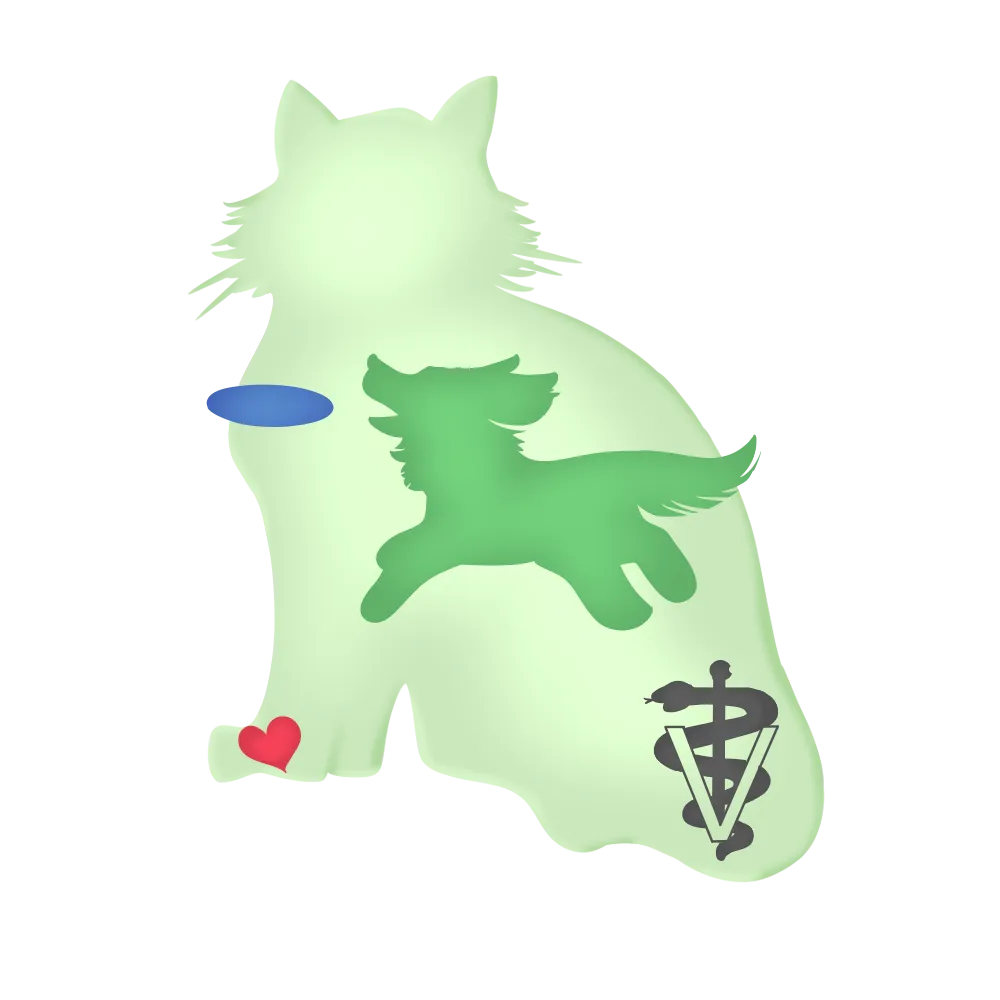
Diabetes Mellitus (DM) is a life long disorder of dogs and cats that results when the pancreas fails to produce enough insulin to meet the animal's needs. Insulin is a hormone needed to transport glucose (blood sugar) into the body's cells. When there is a lack of insulin in the body, blood glucose rises to abnormally high levels. Over time, this causes damage to body tissues and produces the symptoms commonly seen in animals with DM.
Early symptoms, such as weakness, weight loss, change in appetite and depression can be mild and may go unnoticed by the owner. Increased thirst and frequent urination more commonly results in a visit to your Veterinarian where tests can be done to identify what may be affecting the family pet. Urinary tract infections are more common in diabetic pets than in normal animals.
Once a diagnosis has been made, a treatment plan will be designed to meet the individual needs of your pet and you. The plan will address the type and amount of insulin, how it is to be administered, dietary restrictions and exercise for your pet. Dogs are Type I diabetics in that they require insulin injections. Cats are usually Type II diabetics. Insulin injections are usually used initially, but when fed a special diet, as much as 70% of cats can eventually be maintained without the insulin.
There is no cure for DM, but through your commitment of time and management of their life style, your pet can lead a happy comfortable life.
